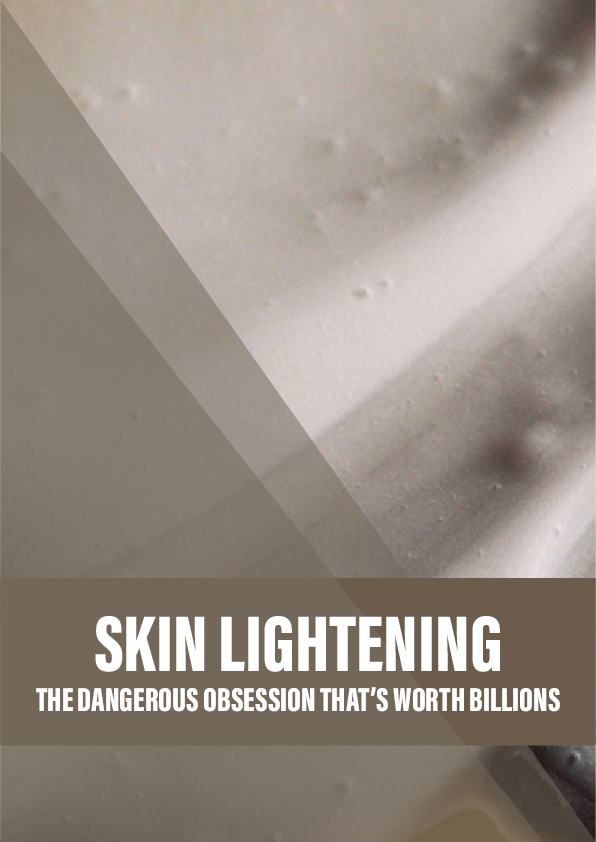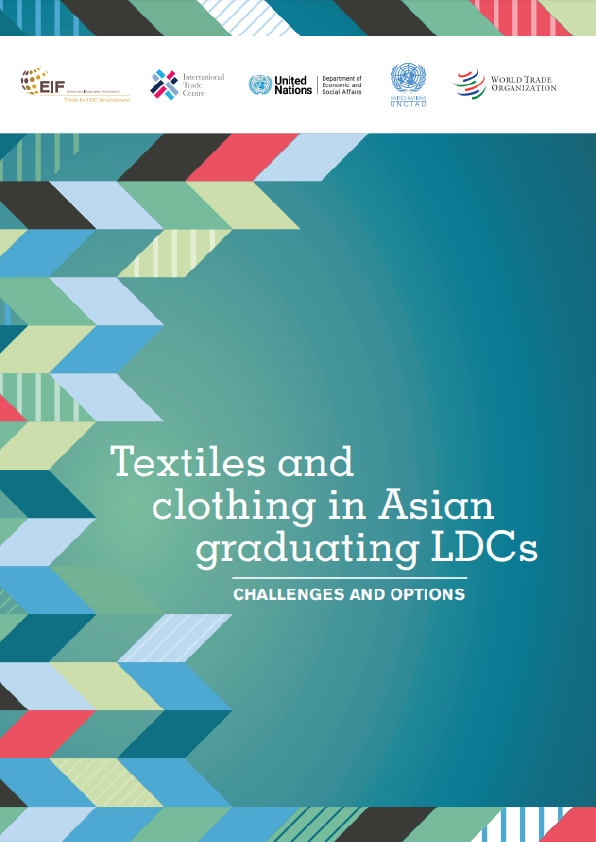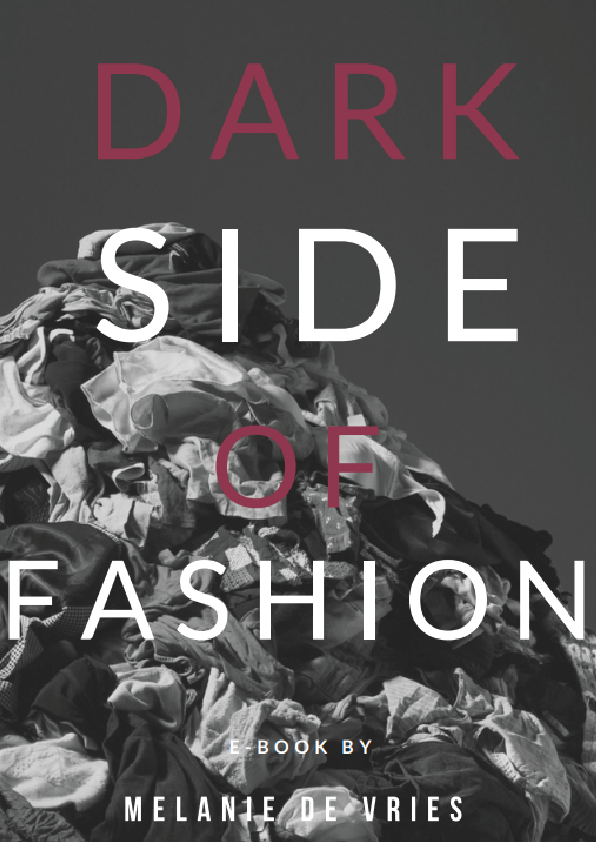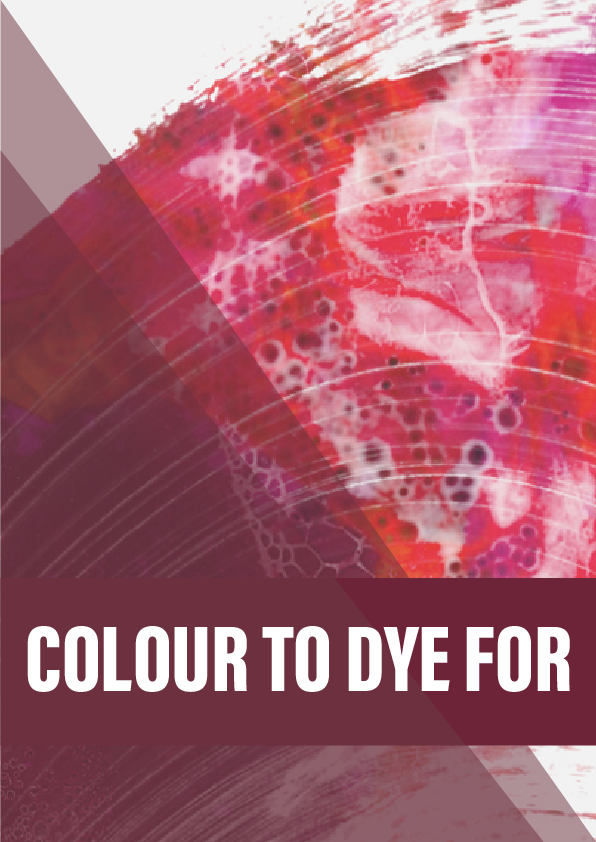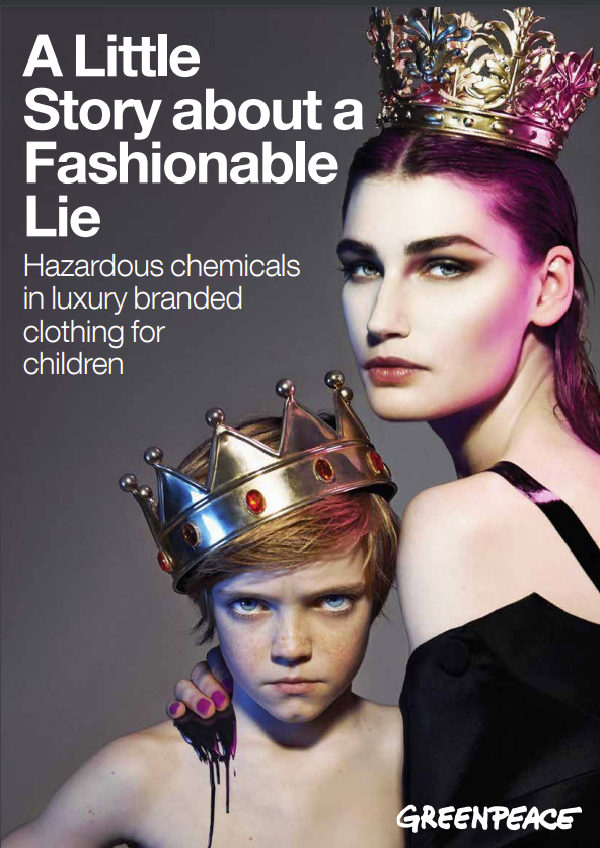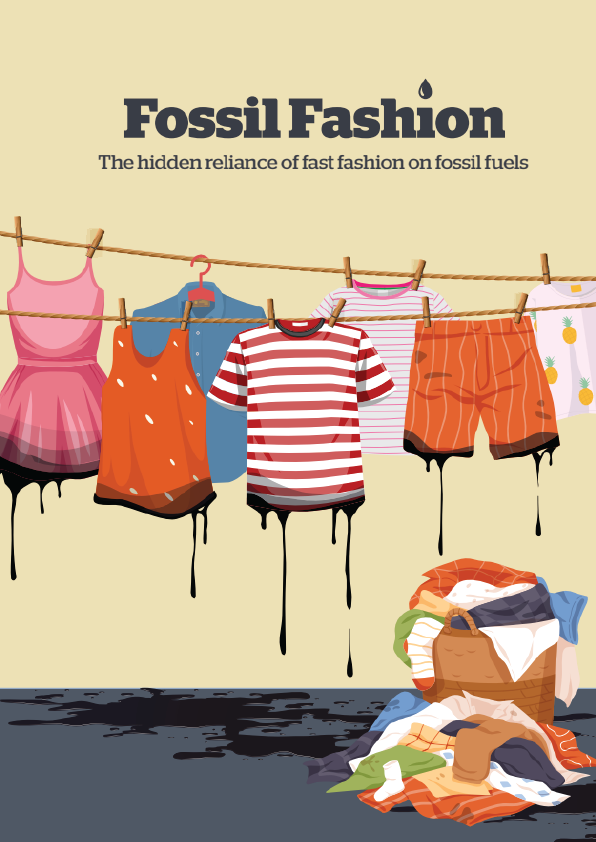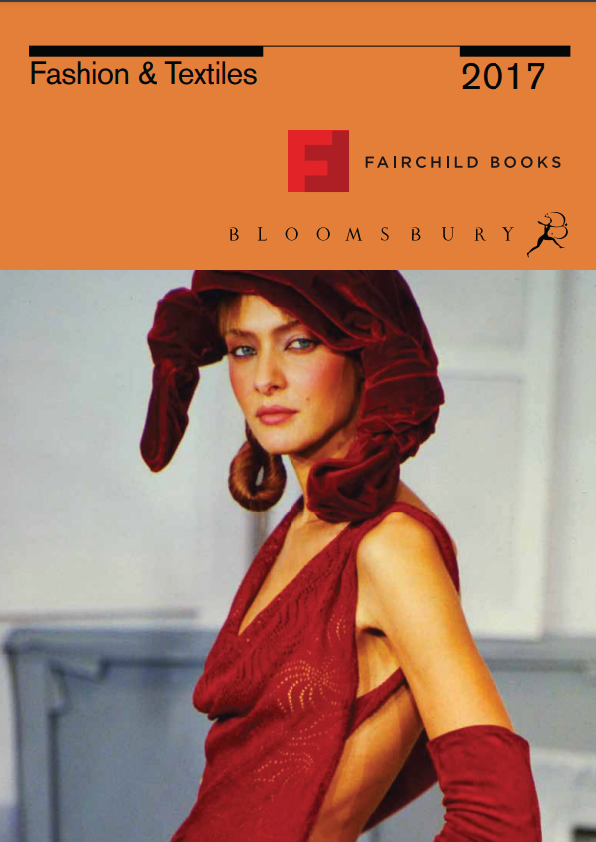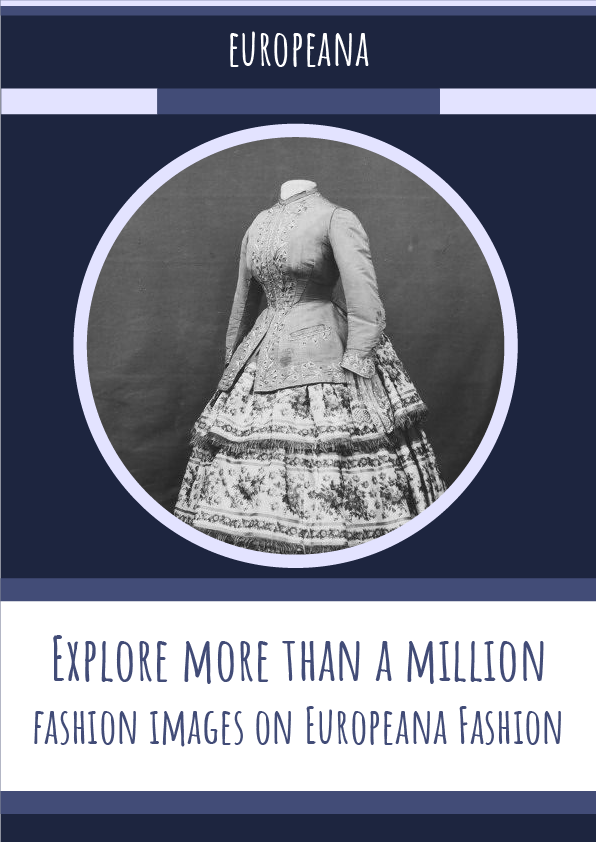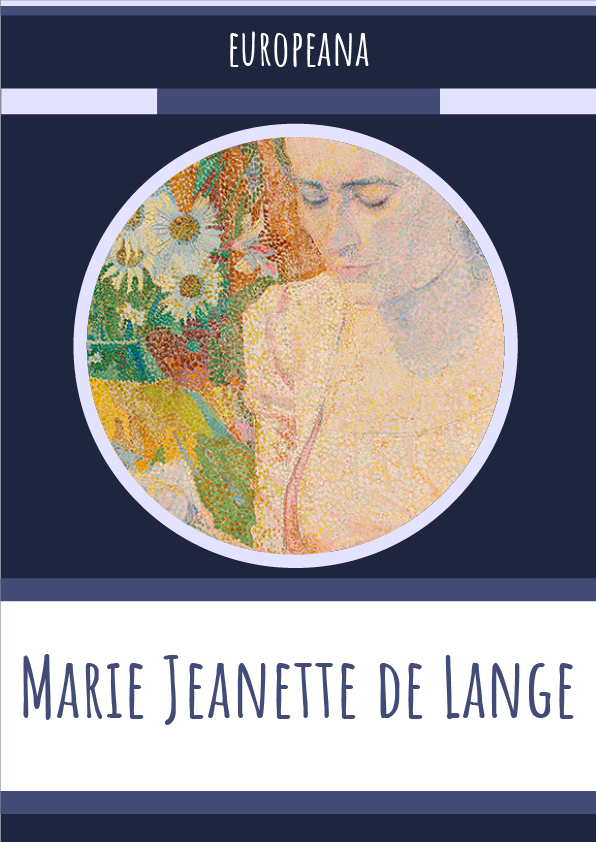It starts when children are young. The moment a child is born, relatives start comparing siblings’ skin colour. It starts in your own family. But people don’t want to talk about it openly.”
Kavitha Emmanuel is the founder of Women of Worth, an Indian NGO that is standing up to an ingrained bias toward lighter skin. The Dark is Beautiful campaign, launched in 2009, is not “anti-white,” she explains, but about inclusivity – beauty beyond colour. It carries celebrity endorsement, most notably the Bollywood actor Nandita Das. A blog provides a forum for people to share their personal stories of skin colour bias. And the campaign runs media literacy workshops and advocacy programmes in schools to convey messages of self-esteem and self-worth to young children. This is to counteract what Emmanuel says she has seen even in school textbooks, where a picture of a fair-skinned girl is labelled “beautiful” and a darker one “ugly”.
“Some children are really shocked that this is something that has affected them so intensely. Some are in tears,” Emmanuel says.
The perfect life from perfect skin, a life that’s only bestowed upon those of the right shade – that’s the message, the attitude, the mindset that’s being passed down. It’s spawned a multibillion-dollar industry encompassing not just cosmetic creams but invasive procedures such as skin bleaching, chemical peels, laser treatments, steroid cocktails, “whitening” pills and intravenous injections – all with varying effectiveness and health risks. It’s more than a bias, it’s a cultural obsession, and one that’s becoming dangerous.
Reference:
